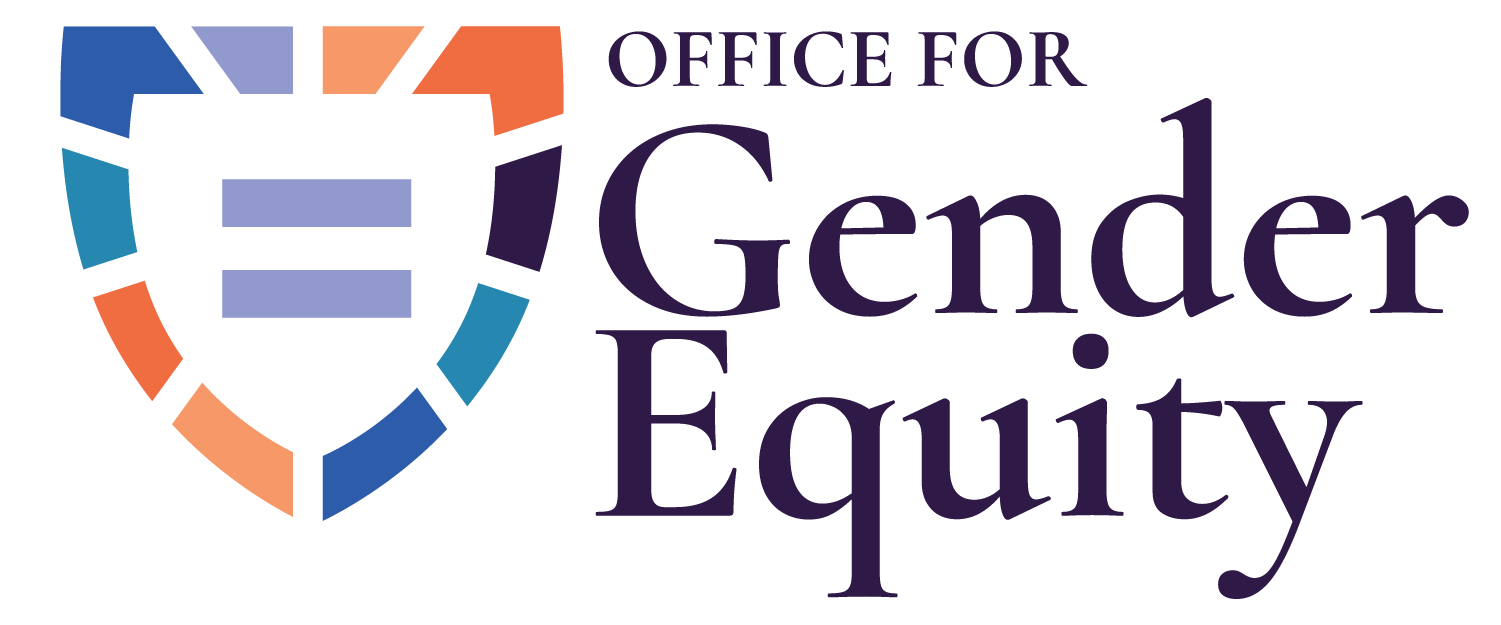Data Dashboard
In-Person Trainings

In-Person Trainings Delivered1

Number of Individuals Trained
eLearning Courses
In FY21, 12,438 students across Harvard’s Schools completed the online course Preventing and Responding to Sexual Harassment and Other Sexual Misconduct.
In addition to the student eLearning courses, the University Title IX Office recently administered its newly redesigned eLearning course for faculty, staff, and post-doctoral fellows. The course underwent significant revisions based on feedback from the Harvard community. The new course centers University values, resources, policies and procedures and emphasizes the role individuals play in creating an inclusive learning and working environment.
Disclosure Data

Disclosures Received

Disclosures Received by Harvard College Title IX Program Officer and/or Resource Coordinator

University Status2 of Individuals Impacted by Potential Conduct,3 FY21

Disclosures Received by Title IX Resource Coordinator Affiliation,5 FY21

University Status of Individuals Engaging in Potential Conduct,4 FY21
Complaint Data

Year-Over-Year Trends in Number of Formal Complaints Filed with ODR

Outcomes of Complaints Proceeding to Investigation,6 FY15-FY21 (N=104)
Case Demographics FY15-FY21

University Status7 of Complainants8 (N=245)

University Status of Respondents (N=245)

Complaint Allegations by Category (N=348)

Gender9 of Principals, Complainant v. Respondent (N=245)

Complainant Status, Focusing on Allegations of Sexual Assault (N=123)

Respondent Status, Focusing on Allegations of Sexual Assault (N=123)

Sexual and/or Gender-Based Harassment or Other Sexual Misconduct Allegations (Not Including Sexual Assault) by Complainant Status (N=149)

Sexual and/or Gender-Based Harassment or Other Sexual Misconduct Allegations (Not Including Sexual Assault) by Respondent Status (N=149)
Reports & Surveys
1 This figure captures sessions held physically in person and via Zoom.
2 “Unknown” denotes disclosures wherein the person raising the disclosure did not disclose the affiliation of the person identified as impacted by potential conduct (e.g., individuals disclosing on behalf of an unidentified friend, anonymous phone calls or emails, and/or disclosures received via the Resource for Online Anonymous Disclosures (ROAD)).
3 This figure does not represent the total number of individuals identified as impacted in potential conduct, but rather the total number of disclosures received where the University status of the individual identified as impacted in potential conduct was faculty, staff, student, third party, or unknown, respectively. An individual may be identified as the person impacted in potential conduct for more than one disclosure.
4 This figure does not represent the total number of individuals identified as engaging in potential conduct, but rather the total number of disclosures received where the University status of the individual identified as engaging in potential conduct was faculty, staff, student, third party, or unknown, respectively. An individual may be identified as the person engaging in potential conduct for more than one disclosure.
5 Disclosures received by the Title IX Office are comprised of those submitted via the Resource for Online Anonymous Disclosures (ROAD) or directly to the University Title IX Coordinator and/or University Associate Title IX Coordinator.
6 Many complaints contain more than one allegation. Policy violation determinations must be made separately for each allegation. If one or more allegations in a complaint result(s) in the finding of a Policy violation, this is counted as a single “Policy Violation.”
7 A party is categorized based on their University status at the time of the alleged conduct. Thus, for example, a former student who is alleging harassment that occurred while they were a student is counted as a student and not, for the purposes of this data, as a “third party.”
8 A complaint may be filed by or on behalf of students, faculty, staff, or third parties.
9 Using self-identification.


